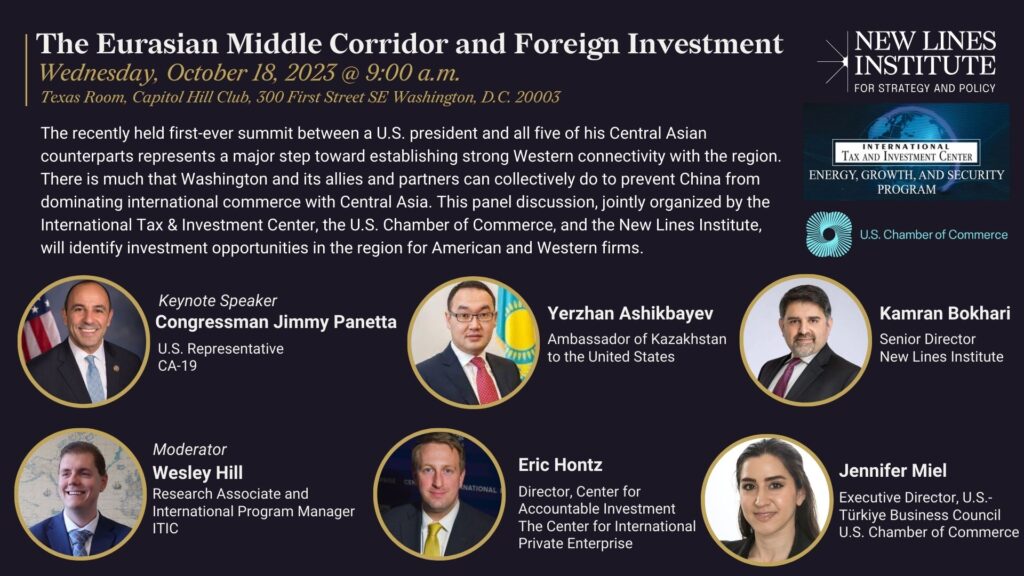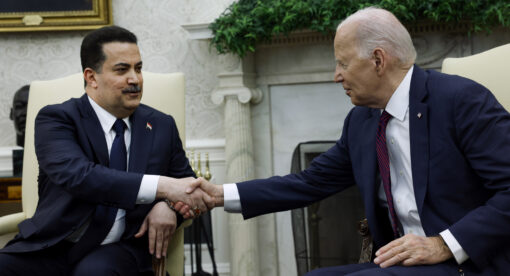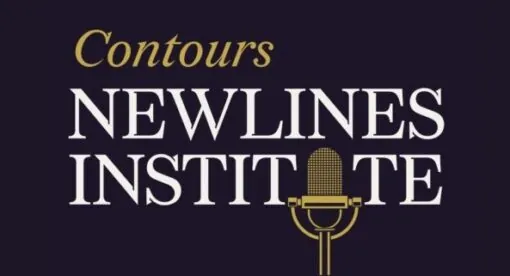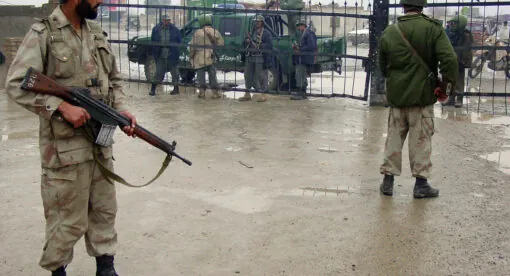
The recently held first-ever summit between a U.S. president and all five of his Central Asian counterparts represents a major step toward establishing strong Western connectivity with the region. There is much that Washington and its allies and partners can collectively do to prevent China from dominating international commerce with Central Asia. This panel discussion, jointly organized by the International Tax & Investment Center, the U.S. Chamber of Commerce, and the New Lines Institute, will identify investment opportunities in the region for American and Western firms.
Doors will open at 9 am for a catered breakfast before the event. The panel will begin at 9:30 am and last approximately one hour.
If you plan to join virtually, please visit our X page at 9:30 am for the livestream.





